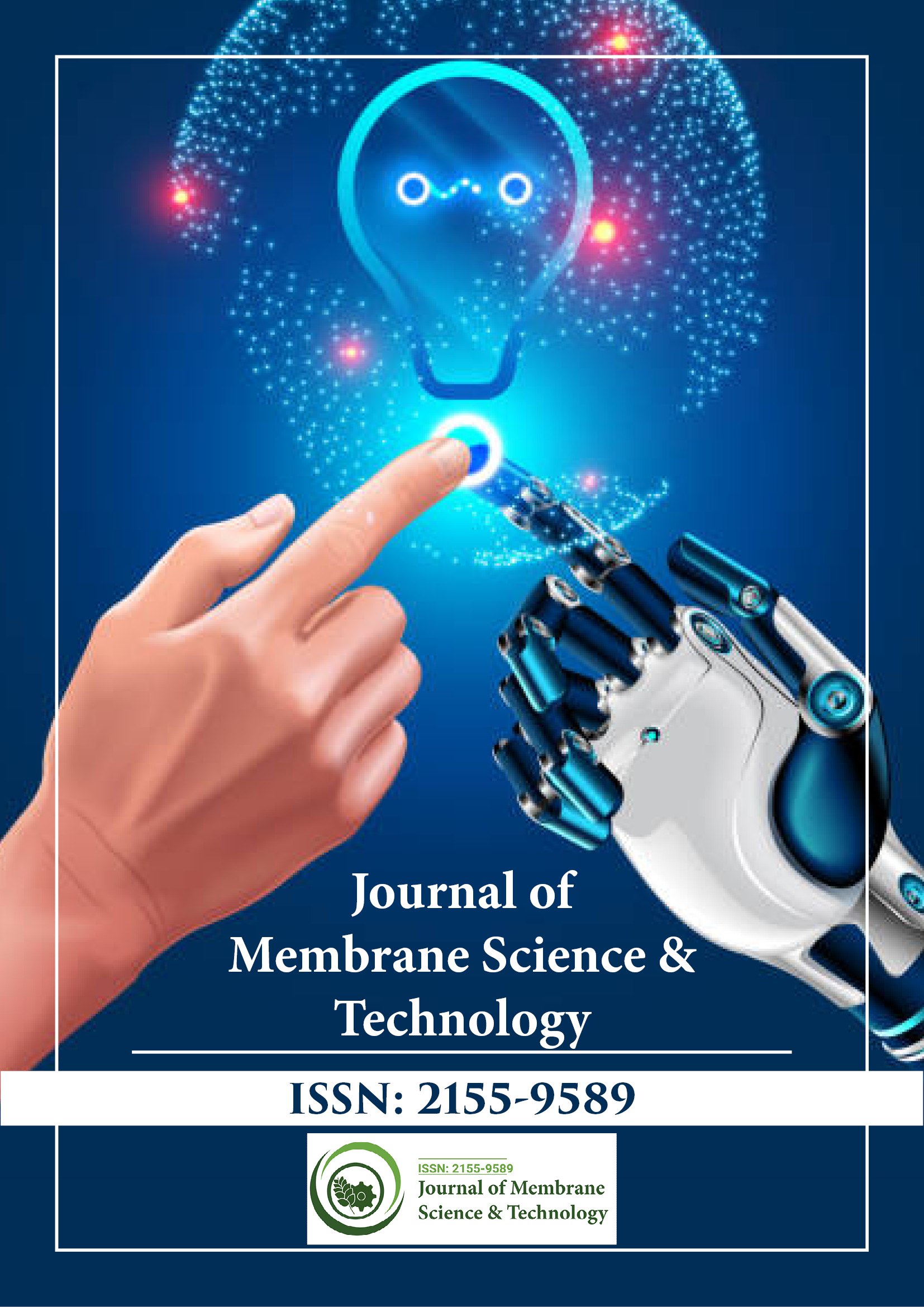索引于
- 打开 J 门
- Genamics 期刊搜索
- 乌尔里希的期刊目录
- 参考搜索
- 研究期刊索引目录 (DRJI)
- 哈姆达大学
- 亚利桑那州EBSCO
- OCLC-WorldCat
- 普罗奎斯特传票
- 学者指导
- 普布隆斯
- 日内瓦医学教育与研究基金会
- 欧洲酒吧
- 谷歌学术
分享此页面
期刊传单

抽象的
微滤、纳滤和反渗透去除废水中的毒素(LPS 内毒素)
圭扎尼·莫赫塔尔和船水直之
脂多糖 (LPS) 内毒素是一种大量存在于废水中的细菌副产物,由于其可能带来的健康风险,越来越成为废水处理领域的一大关注点。因此,通过使用再生废水补充蓄水层或将再生废水作为饮用水供应,保护消费者的淡水饮用水储备免受 LPS 内毒素的污染比以往任何时候都更加紧迫。膜处理是活性污泥工艺的替代方案,也是处理废水最常用的方法。此外,纳滤和反渗透是将废水处理到可饮用水平的最先进的技术。本文探讨了使用膜生物反应器 (MBR)、纳滤 (NF) 和反渗透 (RO) 去除 LPS 内毒素的效率。结果表明,这些先进技术可以去除大量内毒素。然而,产品水中的浓度仍然远高于自来水中的浓度,不建议直接将这种水供应给消费者。需要进一步调查以确定利用再生废水安全供应饮用水的最佳管理实践。
免责声明: 此摘要通过人工智能工具翻译,尚未经过审核或验证